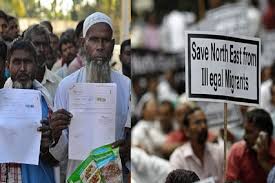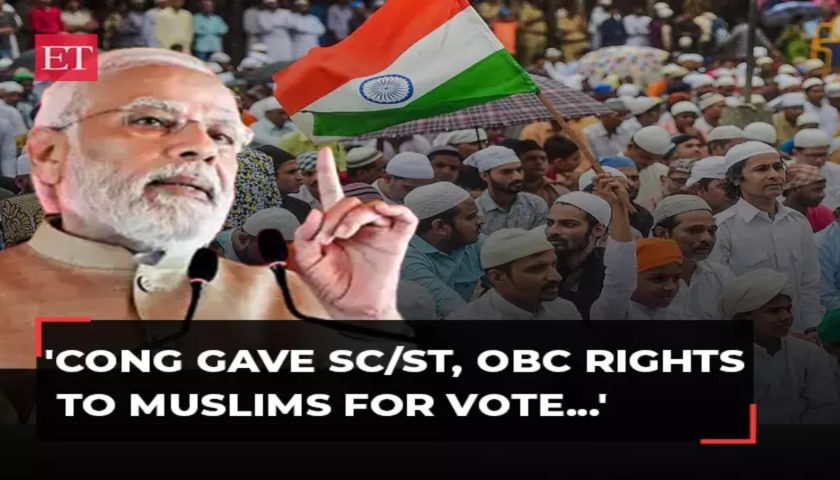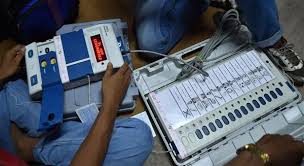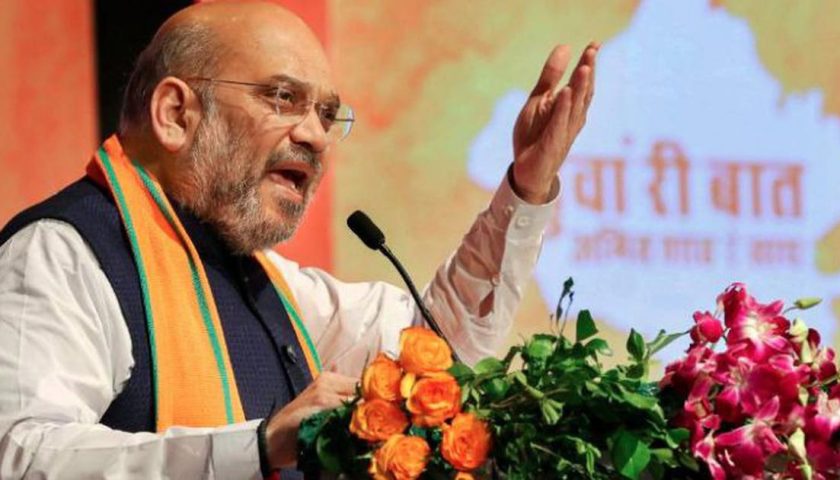The Bharatiya Janata Party (BJP) considers the final draft of the National Register of Citizens a “promise fulfilled”, but is wary about four challenges it may throw up, two senior leaders of the party said.
The draft, which was unveiled on Monday, left out four million applicants in Assam who had sought inclusion in the NRC. The draft is an attempt to identify and deport illegal immigrants from the northeastern state.
The BJP is excited that the NRC saw the light of day under its government — in Assam and Delhi — and it showcased the party’s commitment to issues of national security, a senior office bearer of the party said on condition of anonymity.
The BJP has its share of worries too. First, the four million residents whose names have excluded from the draft include about one million Hindus. The BJP would want them to be included through appeal, the second leader, also a senior union minister, said, requesting anonymity.
“This country was divided in 1947 in the name of religion. India is the only homeland of Hindus in the entire world,” the minister said. “We cannot just shut the doors on them like this.”
A Bill to amend existing law to make illegal migrants who are Hindus, Sikhs, Buddhists, Jains, Parsis and Christians from Afghanistan, Bangladesh and Pakistan eligible for Indian citizenship is pending Parliamentary approval. Without such a provision, the minister said, a large number of Hindus face the prospect of being excluded if they fail to prove citizenship. This has drawn opposition from within Assam itself.
The second concern is more political and electoral. Most of these Hindus, who have been left out of the draft NRC, are settled in Lower Assam and the Barak valley and their exclusion will increase Muslim dominance in the parliamentary and assembly seats of this region; Muslims traditionally prefer to vote against the BJP.
“Dynamics of at least six Lok Sabha seats and 46 assembly segments of these two regions will be affected,” the first leader said. “We are conscious of this fact, and there are concerns, both in Guwahati and in Delhi.”
A third leader said the NRC could have a psychological impact on the Bengali-speaking population and Muslims also in West Bengal, a state where the BJP is seeking to build a big footprint. There has been a discussion within the ruling dispensation about the changing demographic profile of the bordering states of Bengal, and how the minority population in nearly 18 districts of Bengal ranges between 25% and over 50%.
This limits the BJP’s room to expand in these districts, but if a sense is conveyed — as West Bengal CM Mamata Banerjee is seeking to do — that even Bengali-speaking Hindus have been excluded, it could cause trouble for the BJP. Tripura is another state where the dominant voting bloc is composed of Bengali-speaking Hindus.
The third concern within the BJP is that while it has showcased NRC as an achievement to the nation, its next phase is going to be troublesome, both administratively and politically.
“Deporting infiltrators from Bangladesh is BJP’s demand since 1980. It is a big achievement that it was done under a BJP government,” the first leader said. “Next steps are crucial. What do we do with infiltrators once having identified them? Many of them are settled in India for 30-40 years.”
The relief for the BJP is that it may not have to cross that bridge in the immediate future. And here lies the fourth concern for the party. “It is going to be a long haul,” the second leader said.
To accept claims of four million people between August 30 and September 28, examine them, and amend the register by December is going to be difficult, the first leader said. “How the issue will pan out in Assam by then, we do not know.”






